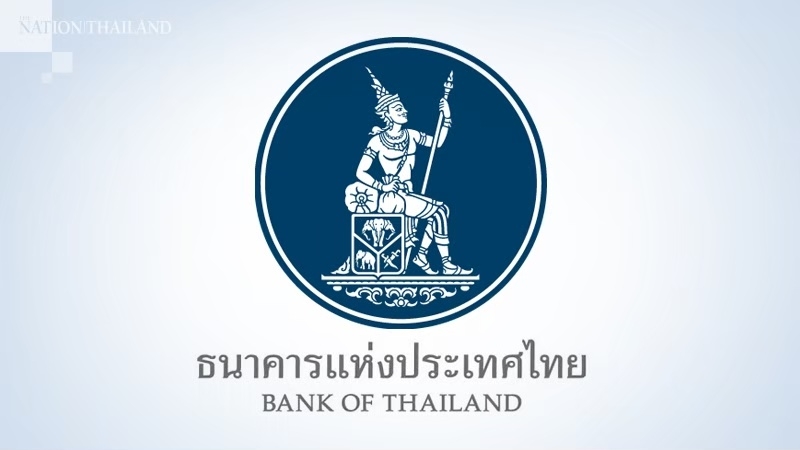Thailand: BOT says banks not doing enough to lower charges, loan conditions
The central bank is monitoring how banks respond after it allowed them to reduce their contribution to the Financial Institutions Development Fund (FIDF), said Ronadol Numnonda, deputy governor at the Bank of Thailand.
Banks were recently permitted to halve their FIDF contributions from 0.46 to 0.23 per cent of their deposit base for two years, this year and next year.
“The central bank is interested in whether banks share this gain with customers, and we found that some banks still have room to do more,” Ronadol said.
The BOT has asked commercial banks to submit plans on how they will respond to their contribution reduction, for instance by cutting fees for cash payment, cutting interest rates, or reducing other charges for consumers, he said. Income from such fees contributes significantly to bank revenue, he pointed out.
“Banks have not yet fully transferred this cost-reduction gain to customers,” said Ronadol.
He added that banks have maintained resilience despite the Covid-19 impact, with an average BIS adequacy capital ratio of 19.2 per cent, compared with the minimum requirement of 8 per cent. The average ratio of reserves to non-performing assets is also high, at 144 per cent.
And in contrast in contrast to the 1997 financial crisis when people panicked and withdrew money, the current virus-hit economy has seen people depositing more money with banks, Ronadol said.
The BOT recently asked banks to conduct stress tests for their businesses over the next three years based on the projected 8.1 per cent economic contraction this year and a worst-case scenario of 12 per cent.
Meanwhile the BOT is seeking to speed up the Bt500-billion soft loan scheme for small and medium sized enterprises, since only Bt110 billion has been lent out so far.
The BOT wants banks to lend more to existing debtors whose collateral value is much higher than their loans. Debtors who have borrowed money at a loan-to-value (LTV) ratio of 60 to 70 per cent should be able to access to soft loans, he said. Banks must explain why this group of debtors were not accessing soft loans, he added.
“Is it because the economy is recovering, so they don’t need more loans? Or because they don’t want to pay the 2 per cent interest rate?”, he asked.
The BOT wants to know in depth about this issue and banks are expected to explain within one or two weeks, he added.
Source: https://www.nationthailand.com/business/30394149?utm_source=category&utm_medium=internal_referral


 English
English




